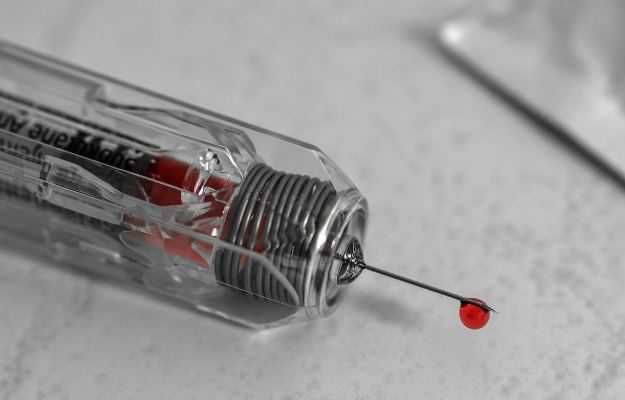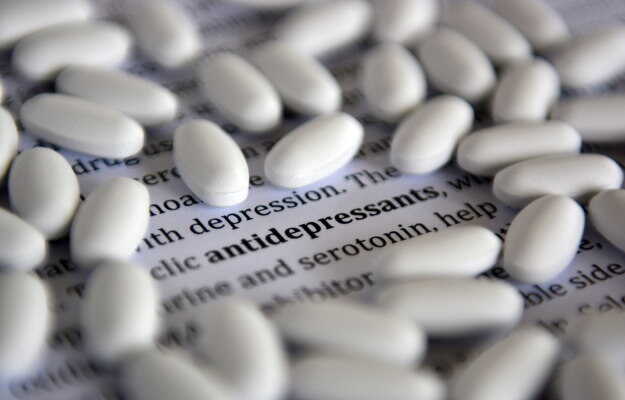What is high lipoprotein?
Lipoproteins are the agents that carry cholesterol in the blood. There are two main types of lipoproteins – low-density lipoprotein (LDL), which is also known as bad cholesterol, and high-density lipoprotein (HDL), also known as good cholesterol.
Please click on this link to know the better treatment of high cholesterol.
High levels of LDL increase the risk of heart disease and stroke, whereas high levels of HDL lower their risk. Lipoprotein a (LP a) is similar to LDL cholesterol, and an increase in its level also raises the risk of heart diseases and stroke. High level of these cholesterols may get accumulated in the arteries, causing their narrowing and blockage.
(Read More - Exercises for high cholesterol)
What are its main signs and symptoms?
An individual with high lipoprotein level generally lives a normal life with no symptoms. The excess lipoprotein gets accumulated in the blood vessels supplying the heart and brain. These blood vessels get blocked, and an insufficient supply of blood to these organs may lead to a heart attack or stroke. Most individuals discover the high levels of lipoprotein only after the occurrence of these life-threatening events or during routine medical examinations.
(Read More - Homozygous Familial Hypercholesterolemia)
What are the main causes?
The following are the causes of high lipoprotein levels:
- An improper diet containing high cholesterol levels.
- Obesity.
- Physically inactivity.
- Genetic predisposition.
- Stress.
- High blood pressure.
- Cigarette smoking.
(Read More - Atherosclerosis treatment)
How is it diagnosed and treated?
The diagnosis involves:
- Eliciting the medical history and family history.
- Physical examination.
- Blood tests to check thyroid hormone levels as excess thyroid hormone also raises the level of cholesterol.
- Skin biopsy.
- Pelvic ultrasound to rule out polycystic ovary syndrome, which can cause high cholesterol levels.
The doctor will recommend the following treatment options to manage excess cholesterol:
- Regular exercise to achieve the normal BMI range.
- Quitting smoking.
- Lipoprotein apheresis, in which the lipoprotein is filtered from the blood and removed.
- Management of diet to reduce cholesterol intake.
- Stress management.
- Cholesterol-lowering medications depending on your risk factors.
(Read More - Cholesterol Test)

 OTC Medicines for High Lipoprotein
OTC Medicines for High Lipoprotein















